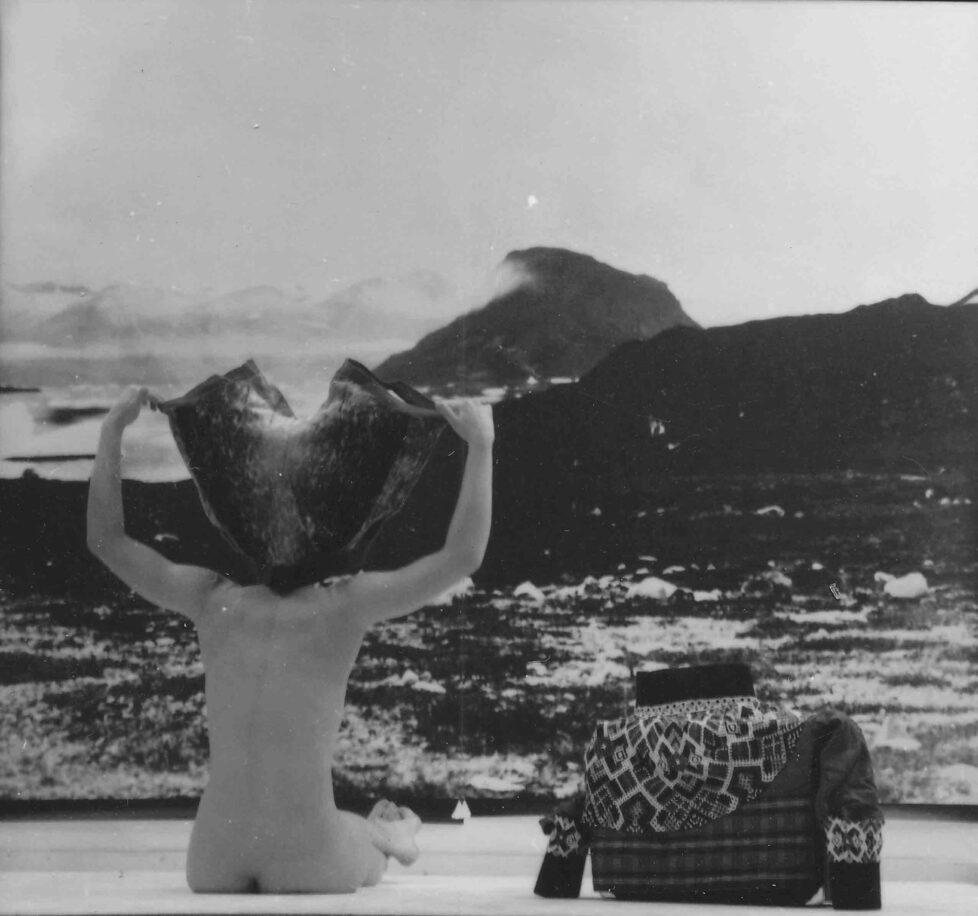Research is a creative process and learning is a social activity. “Art as a Means of Historical Inquiry” is a teaching-led research initiative which combines these two values. This website is an invitation to think along by using and further developing the exercises we have developed at the intersection of critical artistic conversation and rigorous historical research.
On this website, you can find a summary of projects, prompts and take-aways from our collaboration. These contents have been developed in an inter-university exchange by students and instructors from the University of Zurich (UZH)’s Department of History and the Zurich University of the Arts (ZHdK)’s Program in Transdisciplinary Studies in the Arts.
Below, we outline our projects and transferable take-aways. You may also download sample problem sets designed for different educational frameworks, or for individual exploration. We would be excited to learn about your creative responses to these creative prompts.

Art as Archival Work
Unlike conventional uses of artworks as historical sources, we engage in artistic work as a cognitive process that helps identify tensions, voices and perspectives otherwise hidden by the archive.
Our projects are prompts to explore the potentials of historical research beyond classical frameworks. We ask how archives are compiled, filtered and reduced in time, and how the limits of the knowable are defined by the resulting blank spots. How can one turn these gaps into critical conversations about past and present?
What constitutes an archive? What interests and power relations have left their imprint on records of the past? And how do our possibilities change as we explore new tools and media?
Research as a Creative Process
“Art as a Means of Historical Inquiry” brings together artists and historians in multidisciplinary collaborations. Participants experiment with historiographical and artistic research methods to explore new perspectives and ask new questions. With these new points of view, we return to our respective fields and rethink research as a creative process.
Can creative work help understand abstract concepts?
We explore, for example, how the meanings of spatial relations have been mapped differently across cultures and times, and how creative experimentation with cartographic styles can sharpen our analytic understanding of historical maps. We ask how abstract academic concepts can be rendered in different medialities, and how these medialities help us experience the meaning of words. We explore how collective historical writing exercises alert us to voice, perspective and positionality as creative choices. Such experimental exploration instigates a cognitive process that strengthens theoretical literacy and the rigorous quality of student-led research in the humanities.

Breaking:
Jil Rissi‘s seminar project “(De)Colonization through Greenlandic Lenses: an Artistic Approach to History” wins the university-wide UZH Semester Prize for fall 2024.

Jil’s excellent paper engages with the Greenlandic past by studying and curating the work of indigenous photographers from three centuries. Her project makes several interesting contributions to the current state of research. By bringing to life abstract issues of representation in postcolonial contexts through the curation of documentary and artistic photography, Jil has successfully explored a complex humanities problem in a multidisciplinary way. Besides a rigorously argued seminar paper, Jil also constructed a three-dimensional installation that makes questions of archival formation, perspective and positionality tangible in an exhibition environment––thus developing an original analytical method at the intersection of history, museum studies, and creative arts.
Jil has conducted an impressive research effort on a little-known topic. Her work is timely and relevant beyond the academe: it engages actively and critically with the nature of memory in Kalaallit Nunaat / Greenland, and it even makes a contribution to recent controversies on the evaluation of Danish colonialism.
(Jonas Rüegg)
